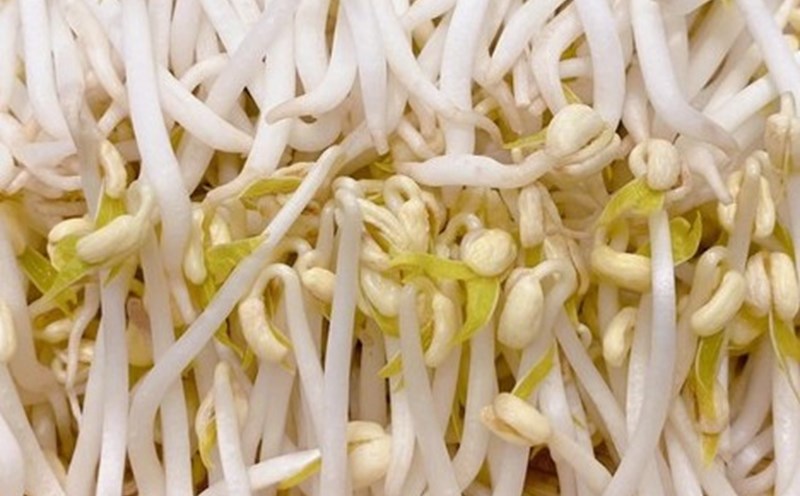Pears themselves are not a rich source of calcium like milk or dairy products. 100g of pear contains only about 9mg of calcium. This is a relatively low figure compared to the average calcium requirement of adults (about 1000mg/day). However, the special thing is the ability to support calcium absorption thanks to the amount of vitamin C, boron and soluble fiber in pear.
Vitamin C in pears helps strengthen the immune system, while helping the body absorb calcium more effectively from other food sources. Boron - a mineral found in pearls - has been shown to help strengthen bones and support calcium metabolism. Therefore, when eating pears to supplement calcium, it is best to eat the skin, after careful washing, to make the most of the nutrients.
The best way to eat pears to support calcium supplementation is to combine them with other calcium-rich foods such as yogurt, almonds, or cheese. For example, a glass of yogurt served with sliced pear will both help increase calcium levels and enhance the ability to absorb nutrients. In addition, processing pears in smoothies with soy milk or oatmeal is also a good choice.
Although pears do not contain much calcium, they are a powerful aid in supporting calcium absorption thanks to special nutrients. Eating pears properly and combining them intelligently will help protect long-term bone and joint health.










